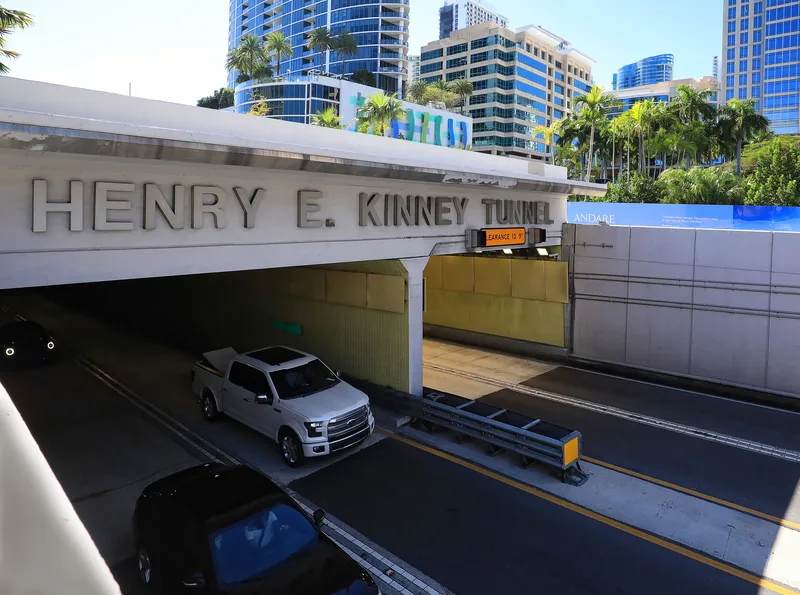The first smart motorway scheme in the UK’s south west has been officially launched, covering seven miles of motorway around the Almondsbury interchange and including junctions 19-20 on the M4 and junctions 15-17 on the M5. It is designed to help reduce congestion and improve safety and journey times by introducing variable speed limits and opening the hard shoulder during busy traffic periods.
The improvements to the M4 and M5 use a range of technologies and operational systems to reduce congestion and
January 15, 2014
Read time: 2 mins
The first smart motorway scheme in the UK’s south west has been officially launched, covering seven miles of motorway around the Almondsbury interchange and including junctions 19-20 on the M4 and junctions 15-17 on the M5. It is designed to help reduce congestion and improve safety and journey times by introducing variable speed limits and opening the hard shoulder during busy traffic periods.
The improvements to the M4 and M5 use a range of technologies and operational systems to reduce congestion and smooth the flow of traffic. During busy periods, traffic officers in the regional control centre at Avonmouth will set overhead message signs to inform drivers they can use the hard shoulder as an extra lane and at what speed to drive.
The project included installation of 33 new gantries, refurbishing seven existing ones, resurfacing over 14 miles of carriageway, laying over 30 miles of fibre optic cabling and constructing six emergency refuge areas.
Launching the scheme, Roads Minister Robert Goodwill said: “Every day, more than 140,000 vehicles use this section of motorway which is an essential gateway to the South West. That is why the government has invested almost US$148 million to help improve access and traffic flow on this vital route. This is the first smart motorway in the region and I’m delighted that road users and businesses will be able to benefit from the improvements earlier than planned.”
503 Highways Agency senior project manager Paul Unwin said: “The M4 and M5 scheme demonstrates how a smart and efficient solution can deliver improvements that road users need – more capacity and better management of traffic to reduce congestion and make journey times more reliable.”
The improvements to the M4 and M5 use a range of technologies and operational systems to reduce congestion and smooth the flow of traffic. During busy periods, traffic officers in the regional control centre at Avonmouth will set overhead message signs to inform drivers they can use the hard shoulder as an extra lane and at what speed to drive.
The project included installation of 33 new gantries, refurbishing seven existing ones, resurfacing over 14 miles of carriageway, laying over 30 miles of fibre optic cabling and constructing six emergency refuge areas.
Launching the scheme, Roads Minister Robert Goodwill said: “Every day, more than 140,000 vehicles use this section of motorway which is an essential gateway to the South West. That is why the government has invested almost US$148 million to help improve access and traffic flow on this vital route. This is the first smart motorway in the region and I’m delighted that road users and businesses will be able to benefit from the improvements earlier than planned.”








